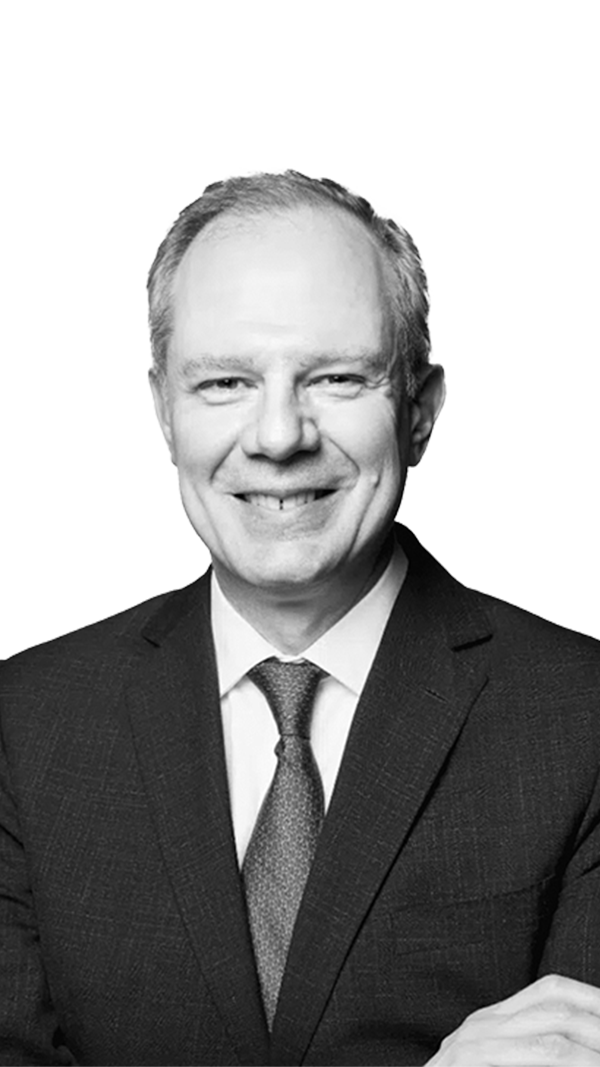Sleep is fundamental to our health and wellbeing, and yet it is often neglected. We offer a full spectrum clinic to address all sleep disorders. Our consultant specialists will advise you on how to optimise your sleep for maximum performance and wellbeing.
At Lanserhof at the Arts Club, we address a wide array of sleep disorders. These include Obstructive Sleep Apnea, insomnia, and sleep rhythm disorders. We also deal with various forms of parasomnias, such as nightmares, sleepwalking, and REM sleep behaviour disorder. Furthermore, we provide assistance for those struggling with Restless Leg Syndrome, Narcolepsy, and Central Hypersomnias. Beyond these specific conditions, we also focus on sleep optimisation, ensuring our clients achieve the most restful and rejuvenating sleep possible.

